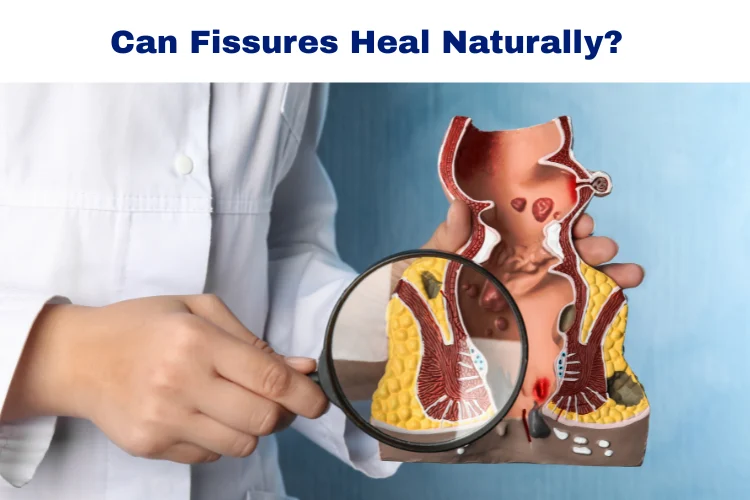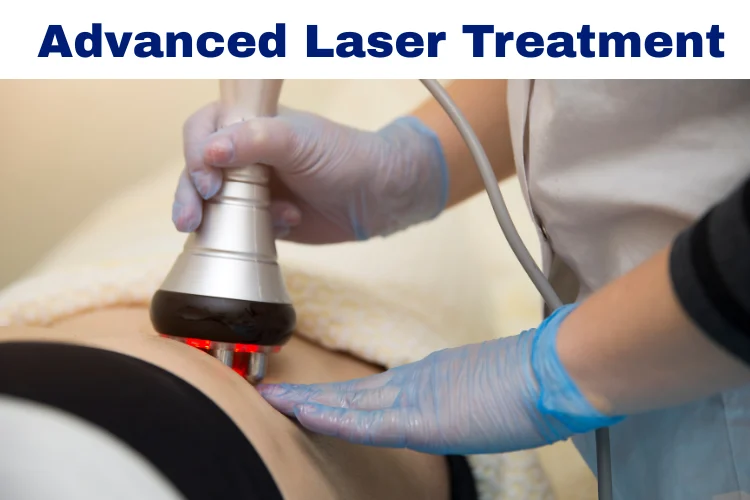If you’ve ever experienced a sudden, stabbing pain while on the toilet or noticed bright red blood on your toilet paper, it can be alarming. These symptoms usually point to a good chance of having an anal fissure, which is really a small tear in the lining of the anus. The good news is that most anal fissures heal by themselves without having to undergo surgery.
Understanding Anal Fissures
An anal fissure is a tear or break in the anal canal skin. The usual causes are:
– Passing hard or large stools
– Long-standing constipation or diarrhea
– Straining to have a bowel movement
– Trauma during childbirth
– Anal sex
– Underlying conditions such as Crohn’s disease or ulcerative colitis
Symptoms usually include pain on and after defecation, bright red bleeding, and irritation or itching around the anus.
Non-Surgical Treatments for Anal Fissures
1. Modifications to Diet
An important part of managing and preventing anal fissures is eating a diet high in fiber. Fiber softens and gives stool volume, which reduces the effort needed to pass stool. Include items like whole grains.
– Fruits (pears, berries, and apples)
– Vegetables (leafy greens, carrots, broccoli)
– Legumes (lentils, beans)
2. Laxatives and Stool Softeners
Docusate sodium is one example of an over-the-counter stool softener that can ease the passage of stool and lessen strain. Osmotic laxatives, such as polyethylene glycol, can be used for a brief period of time to relieve constipation.
3. Topical Medicines: Calcium Channel Blockers (such as nifedipine or diltiazem) and Nitro-glycerin Ointment ,Topical anesthetics, such as lidocaine
4. Sitz Baths
Anal pain requires warm-water bath soaks for almost ten to fifteen minutes, a few times a day; especially after bowel movements, when it would help ease the pain, diminish spasms, and help promote healing.
5. Botox Injections
Botox can work wonders for anal fissures. Botox injections can help reduce spasms and allow healing by temporarily paralyzing the anal sphincter.
6. Lifestyle and Hygiene Tips: Avoid straining while passing stool; some cleaning procedures should be upheld; remember to exercise regularly.
Role of Hydration in Healing Anal Fissures
Water serves in softening the stool. Dehydration makes the stool hard and dry, thus aggravating anal fissures. Make sure to drink:
· 8-10 glasses of water a day
· Fresh fruit juices or herbal teas (caffeine is dehydrating, so avoid any caffeinated beverages)
· Well-hydrated people are less likely to get constipated; thus, their stools are softer and less painful to pass.
When to Seek Medical Attention
Seek medical help if:
– Symptoms do not improve within 6-8 weeks
– Pain is severe
– You see a recent episode of significant bleeding
– The fissure continues recurring
Take the first step toward healing—book your consultation today!
Natural Remedies That May Help
These are some of the home remedies which the researchers found to be beneficial along with prescribed medicines:
Aloe Vera Gel – Aloe Vera Gel: Anti-inflammatory and calming qualities
Coconut Oil – Topical application for moisturizing and pain relief
Olive Oil and Honey – Simple natural mixture, ingestible and well-known to enhance few digestion functions, consult your doctor before applying all-natural treatment variations, especially in sensitive areas.
Conclusion
Anal fissures can be terrible pains in the body and life crippled until most patients heal without surgery with appropriate non-surgical treatments.
If you are suffering from these anal fissures, discover the non-surgical treatments and seek advice from a medical professional to set up your own personalized program for comfort and healing.
Your comfort matters. Visit us for expert care.
FAQs:
Do anal fissures sometimes heal up on their own without intervention?
Most acute anal fissures will heal within a few weeks without intervention. However, one can make the healing process quicker with supportive measures such as a high-fiber diet and proper hygiene.
What foods to avoid in case of anal fissure?
Avoid low-fiber foods like processed foods, dairy products, and red meat that can lead to constipation for that reason. Spicy foods may also irritate the anal area.
Are over-the-counter creams for anal fissures safe to use?
Some over-the-counter creams can give temporary relief, but it is better to go ahead and consult with your health care provider about the appropriate topical treatments for good safety and effectiveness.
How long does it usually take an anal fissure to heal with conservative non-surgical treatments?
Most anal fissures heal within 4-6 weeks with proper conservative management. Chronic fissures may take longer and require a more intensive treatment approach to resolution.
Does stress cause anal fissures?
Indirectly, yes. Stress can affect the digestive system and cause symptoms like constipation or diarrhea, which can make one develop anal fissures.
Is a sitz bath effective for anal fissures?
Yes, a sitz bath could be promoted to soothe the anal area, enabling muscle spasms to relax and heal. So, this is one of the references for non-surgical management methods too.




